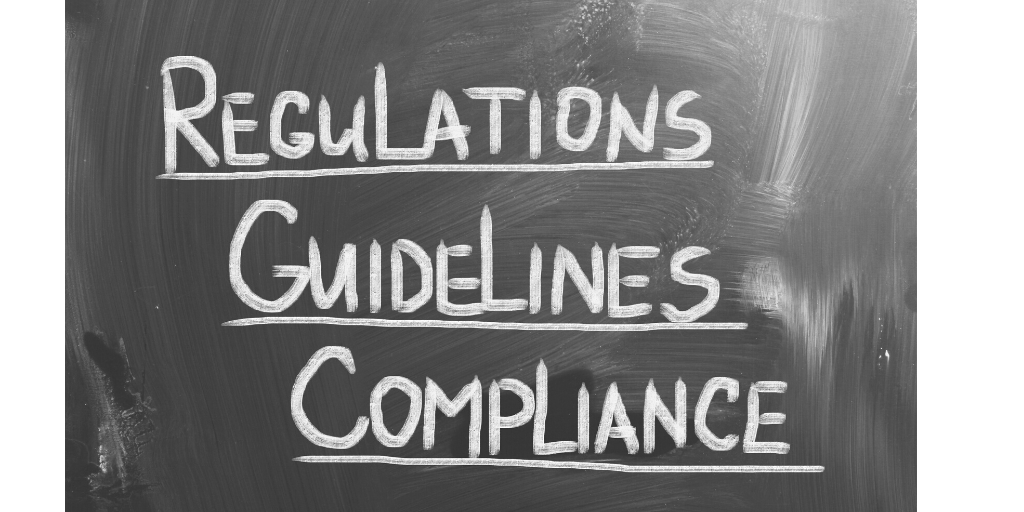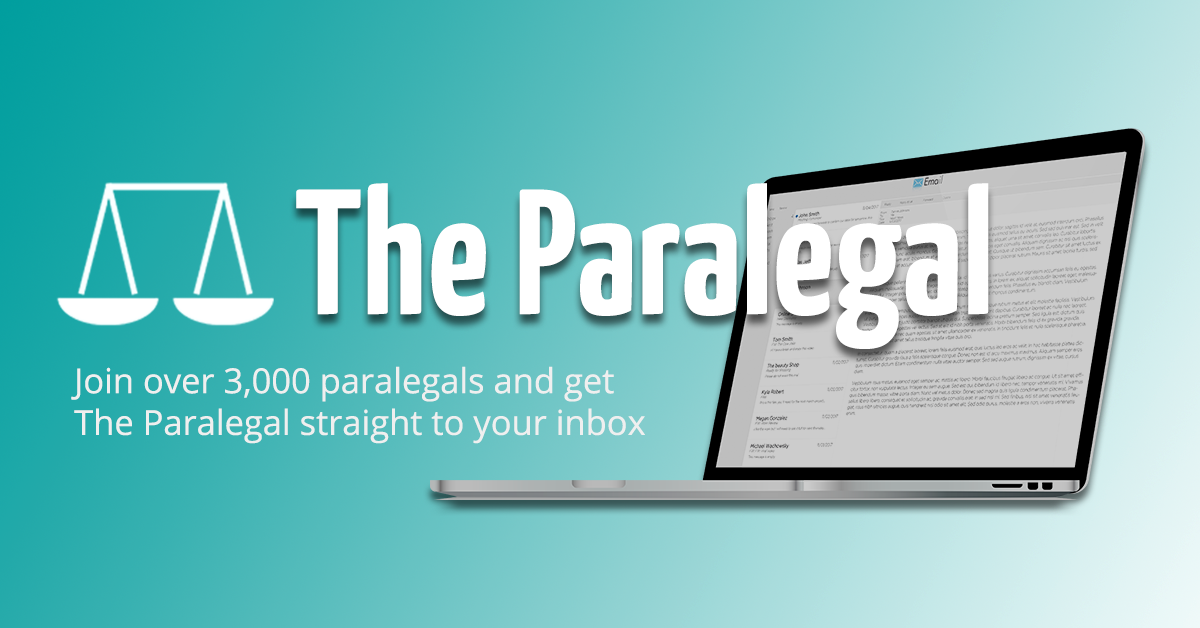This is an important matter since the question “What are paralegals allowed and not allowed to do?” is perhaps the second most commonly asked question (after “What is a paralegal?”).
There are two elements to the regulation in the paralegal profession:
a) What work you are allowed to do, but need to be registered before you can do it lawfully; and
b) What work you are prohibited from doing in any event (a.k.a. reserved activity work).
If the legal services you wish to offer do not fall within either of these two categories then you are free to do them as if they were any ordinary business activity.
For the following work you need to be registered, authorised or accredited to do so:
Legal Aid Work/Police Station Representatives
No one can make a claim for payment for legal work done under the legal aid scheme run by the Legal Services Commission unless they are already covered by a legal aid contract with the Commission. The Commission has a variety of conditions which it imposes on all practitioners doing legal aid work. These are only relevant if you work for an organisation providing services and the legal aid scheme.
One example is that no experienced paralegals undertaking police station representation work on a case funded under the legal aid scheme will be reimbursed for their time/expenses unless they first have due accreditation. For more information on the Commission’s requirements for legal practitioners, visit the Commission's website at www.legalservices.gov.uk.
For information on accreditation as a police station representative please visit www.sra.org.uk/solicitors/accreditation/police-station-representatives-accreditation.page?ref=search.
Immigration/Asylum Work
As with reserved activity work, it is an offence for an unauthorised or non-exempt person to provide any legal services related to immigration or asylum work. Solicitors and some other regulated practitioners are exempt persons. Almost all other practitioners (i.e. paralegals) can do this work the same as solicitors do, but must first be registered with the Office of the Immigration Services Commissioner and undertake some paralegal training.
See https://www.gov.uk/government/organisations/office-of-the-immigration-services-commissioner
Claims Related Work
If you do not work for an exempted organisation (e.g. a solicitors' firm) but wish to handle claims involving: personal injury; work-related injury, disease or disability; criminal injuries compensation; Industrial Injuries Disablement Benefit; employment; housing disrepair or financial products and services, then you will probably first need to be registered with the Ministry of Justice under the Compensation Act 2006. The Act was meant to regulate claims management companies, but was drafted so widely that it caught paralegal law firms too. If you are considering providing these kinds of services then visit the Ministry of Justice's claims management regulation site at www.claimsregulation.gov.uk to find out more about who needs to be authorised and how you can apply.
Financial Services Related Work
Giving most types of financial advice (including mortgage and insurance related advice) is governed by the regulatory/registration scheme established under the Financial Services and Markets Act 2000, and run by the Financial Conduct Authority.
In giving legal advice you may sometimes have to carry on such "regulated activities" in the course of other work such as conveyancing law, criminal law, corporate law, matrimonial, family law, real estate, probate and trust work.
If so, you need either to be regulated by the Financial Conduct Authority or to work for an organisation (e.g. a solicitors' firm) exempted from registration/regulation under Part XX (which makes provision for approved professional firms which do not carry on mainstream investment business but which may carry on regulated activities).
NB: most of these provisions relate to paralegals in business for themselves. So if you are a paralegal working for a solicitors' firm then you are usually acting as an employee/agent of the firm and therefore most of the following does not apply to you (although certain of the reserved activities do). If you are a paralegal or legal secretary working for your employer then most of the following is irrelevant/not applicable (although some of the reserved activity work still applies).
Reserved Activities

Reserved activity work used to be the monopoly of solicitors and/or barristers. It is still regulated work and it is an offence to do it unless one is regulated, but in some cases "regulated" now includes some of the other classes of lawyers recognised under the Legal Services Act 2007.
Section 12 of the Legal Services Act 2007 sets out the six specific legal services activities that only those who are authorised (or those who are exempt) can carry on. These are called “reserved legal activities” and their scope is set out in Schedule 2.
Anyone not authorised or exempt offering those services is committing an offence.
The six reserved activities are:
1. The exercise of a right of audience
Being the right to appear before and address a court, including the right to call and examine witnesses.
2. The conduct of litigation
The issuing of proceedings before any court in England and Wales, the commencing, prosecuting and defending of those proceedings and the performing of any ancillary functions in relation to those proceedings (such as entering appearances to an action).
3. Reserved instrument activities
Preparing any instrument of transfer or charge for the purposes of the Land Registration Act 2002, making an application or lodging a document for registration under that Act; and preparing any other instrument relating to real or personal estate for the purposes of the law of England and Wales or instrument relating to court proceedings in England and Wales.
4. Probate activities
Preparing any probate papers for the purposes of the law of England and Wales or in relation to any proceedings in England and Wales.
5. Notarial activities
Activities which immediately before the day the relevant section of the Legal Services Act came into force, were customarily carried on by notaries under the Public Notaries Act 1801.
6. The administration of oaths
Exercising powers conferred on a commissioner for oaths under the Commissioners for Oaths Act 1889; the Commissioners for Oaths Act 1891; and section 24 of the Stamp Duties Management Act 1891.
Looking at each in turn below:
1. The exercise of a right of audience
Can be undertaken by paralegals in limited circumstances only:
- Employed paralegals working for an authorised entity (e.g. a solicitors’ firm) on various hearings in Chambers (i.e. not in open court). The types of hearing vary from court to court
- Employed paralegals attending on behalf of their employer where the employer is a litigant in person
- As point #1, except that the paralegal attending court is employed by a third-party solicitors’ clerk firm
- Where the court uses its discretion to allow the paralegal to exercise a right of audience (e.g. allowing a McKenzie Friend to act as advocate)
- Where the paralegal is a Crown Prosecutor prosecuting a case on behalf of the CPS
- Where the paralegal is registered with the Office of the Immigration Services Commissioner and is representing a client before the Immigration & Asylum Tribunal
NB: this reserved activity prohibition relates to County Courts and above. Paralegals are entitled to act as advocate for clients at most first tier Tribunals.
2. The conduct of litigation
In practice, having “the conduct of litigation” actually means:
- Appearing on the court record as the legal representative of the litigant (or other involved party) in question; and
- Being the party named on the court record to receive and prepare/file court documents and either undertake the advocacy or retain a barrister to do it.
It does not refer to the myriad other day-to-day duties relating to fighting a case visiting the scene of accidents; research; undertaking discovery, interview clients, writing letters to the other side and third parties, dealing with litigation insurance, explaining what is going on during the legal process, prepare legal documents and handle case files and perform legal tasks. These additional services are called legal support services and are frequently carried out by paralegals especially unregulated paralegals working in collaboration with direct access barristers and litigants in person.
NB: this reserved activity prohibition relates to County Courts and above. Paralegals are entitled to act for clients at most first tier Tribunals.
So, although they cannot go on the court record as the named representative or file and receive court papers, paralegals play an important role in the legal system and can be involved in the conduct of litigation in the following ways:
- Providing litigation support services as an unregulated provider
- Representing clients at most first tier Tribunals
- Employed paralegals working for an authorised entity (e.g. a solicitors’ firm) which is shown on the court record as the legal representative are very commonly involved in conducting cases, often in their entirety without any solicitor or other authorised entity involvement.
- Employed paralegals conducting the litigation on behalf of their employer where the employer is a litigant in person.
- Where the court uses its discretion to allow the paralegal to conduct litigation
- When the paralegal is registered with the Office of the Immigration Services Commissioner and is acting on behalf of a client before the Immigration & Asylum Tribunal
3. Reserved instrument activities
In practice, “Preparing any instrument of transfer or charge” actually means that only an authorised person can sign off and submit a valid instrument. Employed paralegals regularly prepare such instruments for signature by a solicitor or other authorised colleagues and submit them to the Land Registry etc.
4. Probate activities
In practice, “Preparing any probate papers” actually means that only an authorised person can sign off and submit a valid probate application. Employed paralegals regularly prepare such instruments for signature by a solicitor or other authorised colleagues (or exempt clients) and submit them to the Probate Registry.
5. Notarial activities
Cannot be undertaken by Paralegals
6. The administration of oaths
Cannot be undertaken by Paralegals
The common misconception
The generalised overview we give here may not always be applicable in your particular circumstances – the fog of confusion over paralegal rights is quite dense in many parts of the country, and thus decisions of judges and the like are not always consistent or reliable!
As you will see below, a number of the reserved activities are highly technical, their definitions in the Act simply referring to older statutes which themselves are not especially illuminating.
Perhaps not surprisingly therefore, people often use a short-hand way to describe reserved activities which is not always wholly accurate.
In particular:
a) The reserved instrument activities are often referred to as a conveyancing monopoly; and
b) The probate activities are often referred to as a probate monopoly
Arguably neither is actually the case since both reservations refer only to specific elements of conveyancing/probate work, not the entirety of such transactions.
It may therefore be possible for paralegals to offer elements of conveyancing/probate services and still not transgress reserved activities.
The uncertainty lies in how the Solicitors Regulation Authority (i.e. the enforcement regulator) would interpret such partial involvement.
The Institute of Paralegals is a professional membership body that connects paralegals with the shared purpose of providing professional legal services.
There are many good reasons why you should apply to join the Institute - today.
However right now the main benefit is that it will help you find work, because telling prospective employers that you are a member of the Institute signals to them that you are already on the paralegal career path and serious about being a professional legal practitioner.



